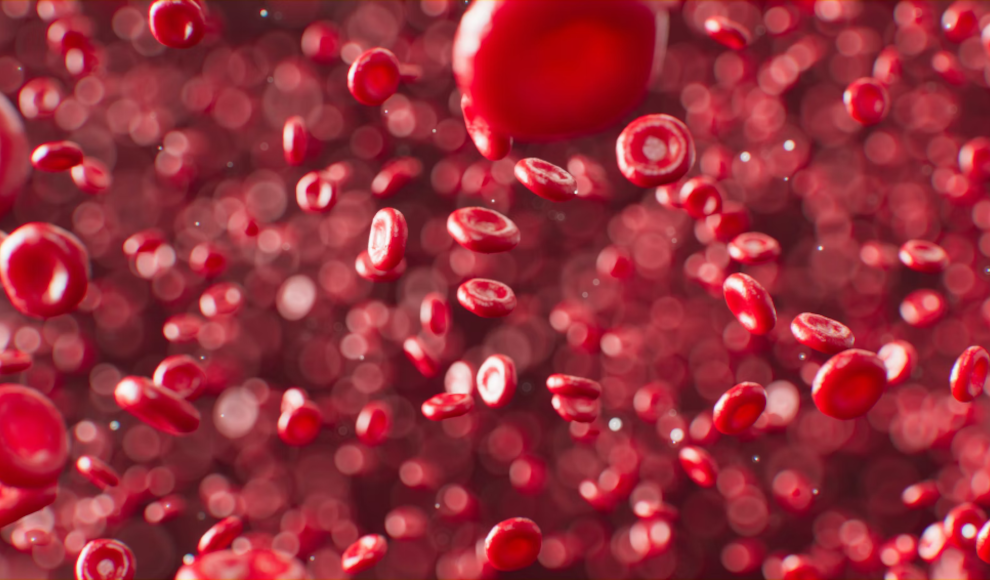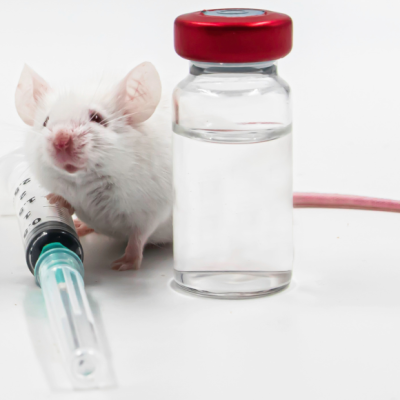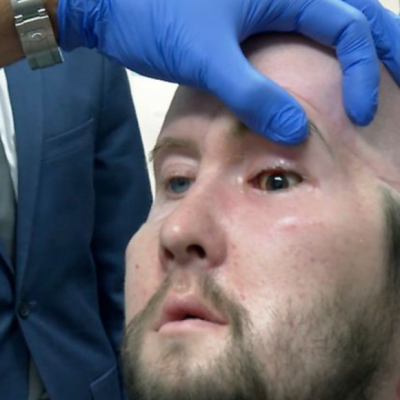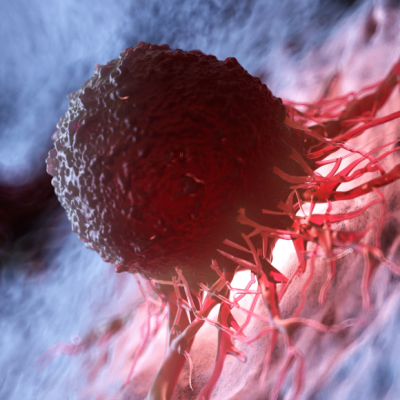A new gene therapy for Hemophilia A, a blood clotting disorder, has shown promising results in a clinical trial. Hemophilia A patients have limited production of clotting factor VIII, which can lead to severe problems during internal bleeding. Currently, patients are treated with prophylactic administration of the missing clotting factor. However, a new gene therapy developed by scientists in collaboration with BioMarin Pharmaceutical has shown positive results in a Phase III clinical trial. The study involved 134 Hemophilia A patients who were injected with Adeno-associated virus 5 (AAV5) carrying the DNA vector for clotting factor VIII. The treatment, called Valoctocogene Roxaparvovec, resulted in a significant increase in clotting factor VIII activity levels and a decrease in bleeding events.
Despite the positive results, there was a high degree of individual variability in the therapy’s effectiveness. Additionally, 16.4% of patients experienced severe adverse events, and the majority of participants experienced an increase in liver enzyme levels after the viral gene therapy infusion. The gene therapy could complement existing prophylactic options, but it cannot cure Hemophilia A permanently. The gene therapy cannot be repeated because the body develops neutralizing antibodies against the virus, and the introduced genetic information is lost when the liver cells carrying it die.
Currently, there are eight other gene therapy approaches for Hemophilia A and Hemophilia B in clinical trials. The Valoctocogene Roxaparvovec study is the most advanced gene therapy study for Hemophilia A. However, it remains to be seen which approach will be the most successful and how clotting factor VIII activity levels will develop over time. While the gene therapy shows promise, it is not a permanent cure for Hemophilia A.










